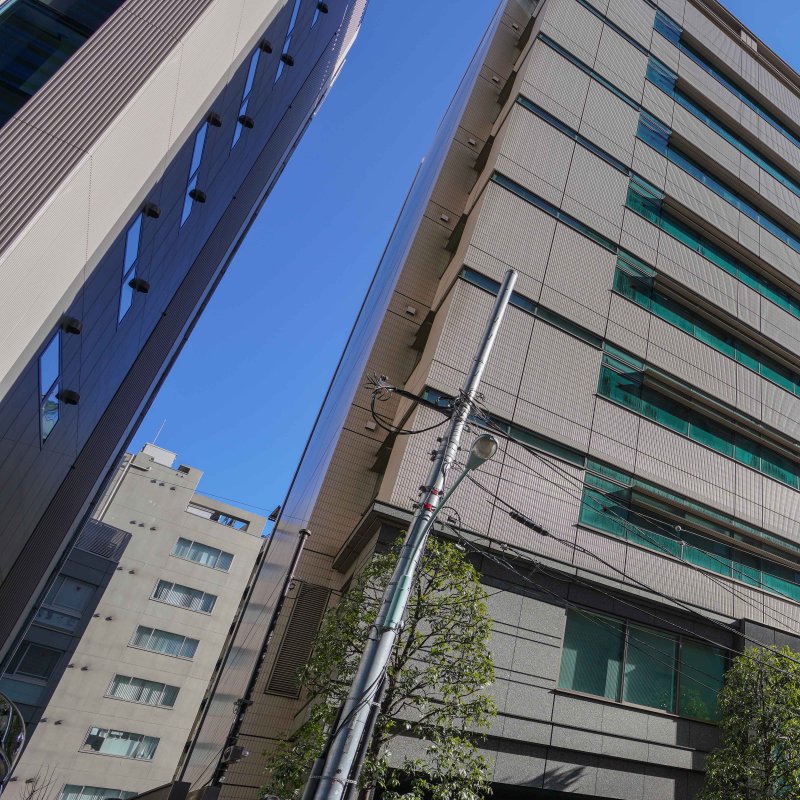Members of the media gather Saturday in front Coincheck's headquarters in Tokyo. Coincheck Inc. confirmed that approximately $534 million in virtual currency in a hacking. Photo by Christopher Jue/EPA
Jan. 27 (UPI) -- Coincheck, a Japanese cryptocurrency exchange, said it will reimburse customers who lost money in a $534.8 million hacking theft.
The company said it will use its own capital to repay the 260,000 users impacted by the theft of NEM coins, at a rate of 81 cents for each coin, according to a statement posted on its website early Sunday.
In all, 523 million coins were sent to another account around 3 a.m. local time Friday,
"Along with the recent illegal remittance, we apologize for any inconveniences caused by customers, business partners and related parties, such as suspension of some services," the company said. "We are committed to restarting services including investigation of causes and strengthening of security system and will continue our business in the future as well as ongoing efforts to apply for registration of virtual currency exchange companies to the Financial Services Agency."
The announcement came two days after the hack was discovered.
At a news conference Friday, Coincheck management said the NEM coins were held in a "hot" wallet -- a method of storage linked to the Internet. Leading U.S. exchange Coinbase says on its website that 98 percent of its digital currency holdings are offline, or in "cold" storage.
Coincheck has about 6 percent of yen-bitcoin trading, ranking fourth by market share on CryptoCompare.
Coincheck was founded in 2012 and has 71 employees.
On its website, CEO Koichi Wada said the philosophy of the company is to "transform global money movements to cheaper, faster and easier one. And we will change the world to be richer and more happy."
Last April, Japan policy makers adopted legislation to prevent such hackings.
In 2014, Tokyo-based Mt. Gox filed for bankruptcy in 2014 after it said it lost 750,000 of its users' bitcoins and 100,000 of the exchange's own worth a total of $450 million. It was the largest bitcoin exchange worldwide at the time.
Bitfinex, which then became the leading cryptocurrency exchange, had a $69 million heist and repaid most customers who lost money in 2016.















